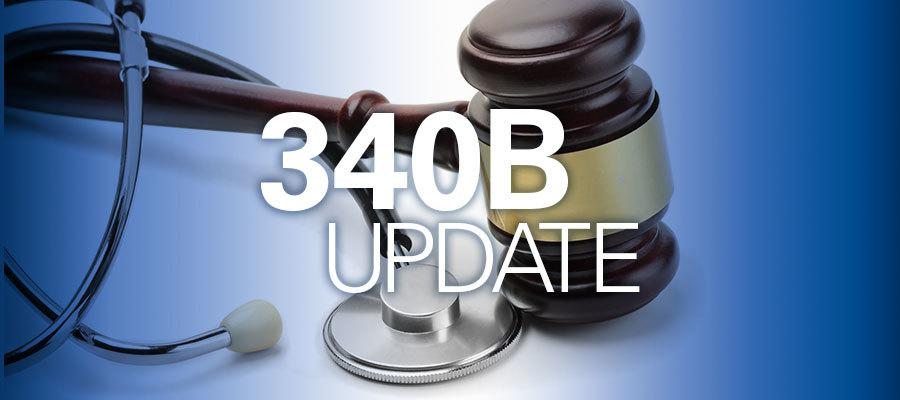AHA urges HRSA to take immediate enforcement action to block J&J’s illegal imposition of 340B rebate model

If Johnson & Johnson moves forward with its plan to undermine the 340B Drug Pricing Program by unilaterally imposing a rebate model rather than the longstanding upfront discount model, the Health Resources and Services Administration should take “immediate enforcement action,” including assessing civil monetary penalties on Johnson & Johnson for intentionally overcharging 340B hospitals, the AHA said Aug. 28 in a letter to HRSA.
“J&J is yet again engaging in 340B vigilantism,” AHA’s General Counsel Chad Golder wrote. “J&J’s adoption of this rebate model is yet another example of a drug company seeking to squeeze every possible penny from the hospitals and health systems that care for America’s underserved patients.”
On Aug. 23, J&J announced that it would be upending its approach to 340B pricing for two of its most popular products, Stelara and Xarelto. Historically, J&J offered upfront discounts to 340B hospitals when they purchase these drugs. Starting on Oct. 15, however, J&J will require all disproportionate share hospitals participating in the 340B Drug Pricing Program to purchase these drugs at full price and apply for a rebate from J&J. Under the new program, these hospitals will be required to submit certain data to J&J when they purchase the drugs at full price. After J&J verifies the drug’s 340B status, it will send disproportionate share hospitals a rebate for the difference between the amount paid and the discounted 340B price.
AHA said that J&J’s new policy is a fundamental shift in how the 340B program has operated for over 30 years and “could jeopardize patients’ access to these drugs.” In addition, disproportionate share hospitals, which already operate on the thinnest of margins, will be forced to develop pricey administrative mechanisms to make and track rebate requests.
“And J&J will essentially transform itself into the ultimate arbiter of whether a rebate should be approved and paid, with the likely consequence of J&J denying rebates to hospitals that they appropriately owe,” AHA said. “While J&J may contend that this new policy is needed to improve program transparency, Congress did not permit drug companies to take the law into their own hands.… This new rebate policy — like the drug companies’ contract pharmacy policies that preceded it — is a money-making scheme dressed up as a program integrity measure.”

